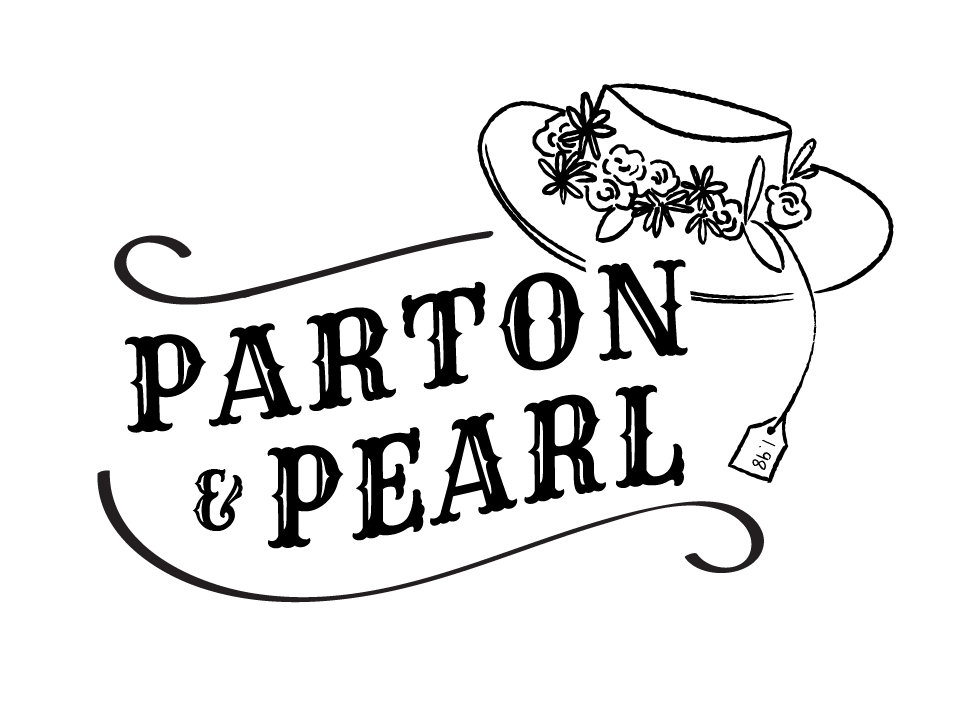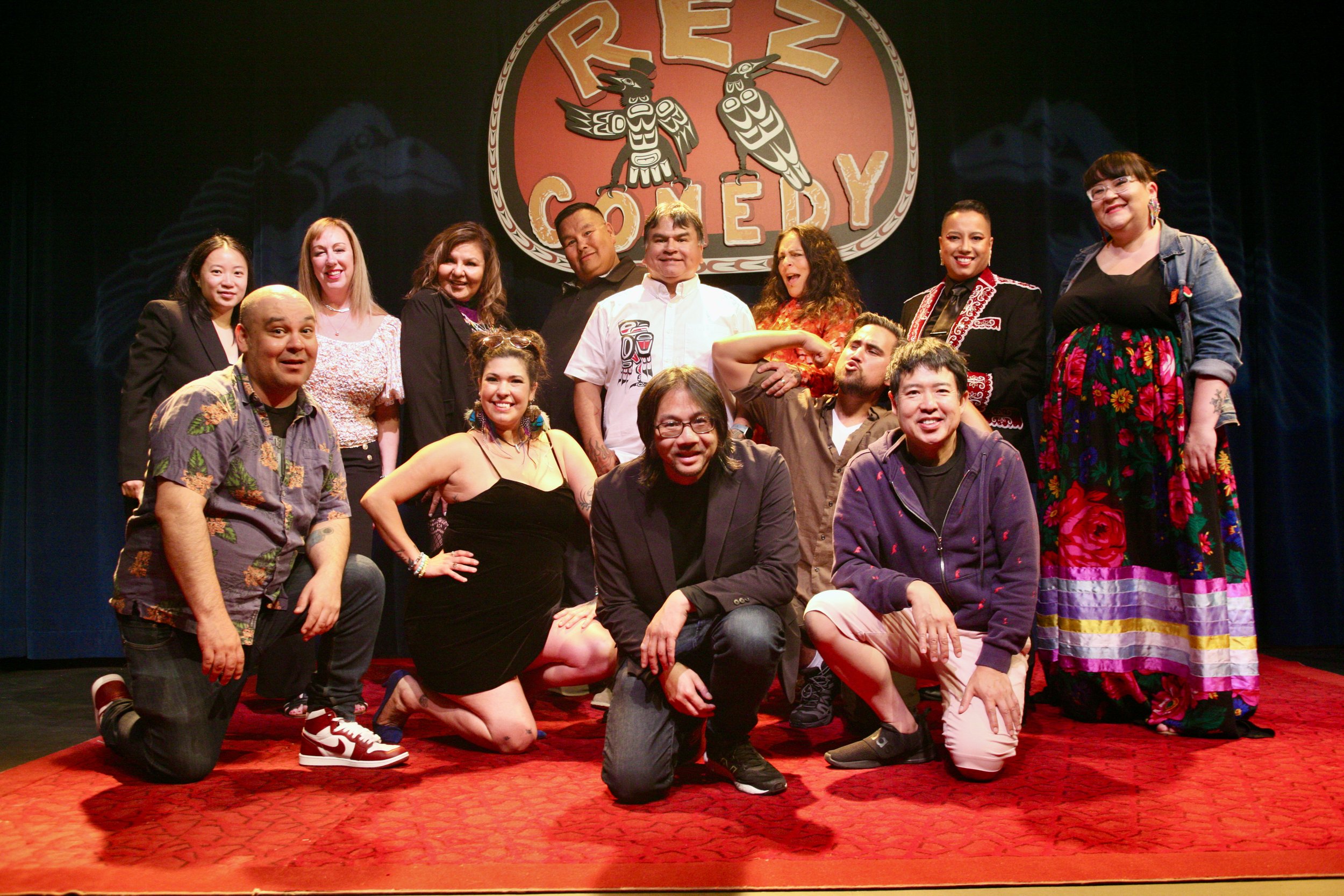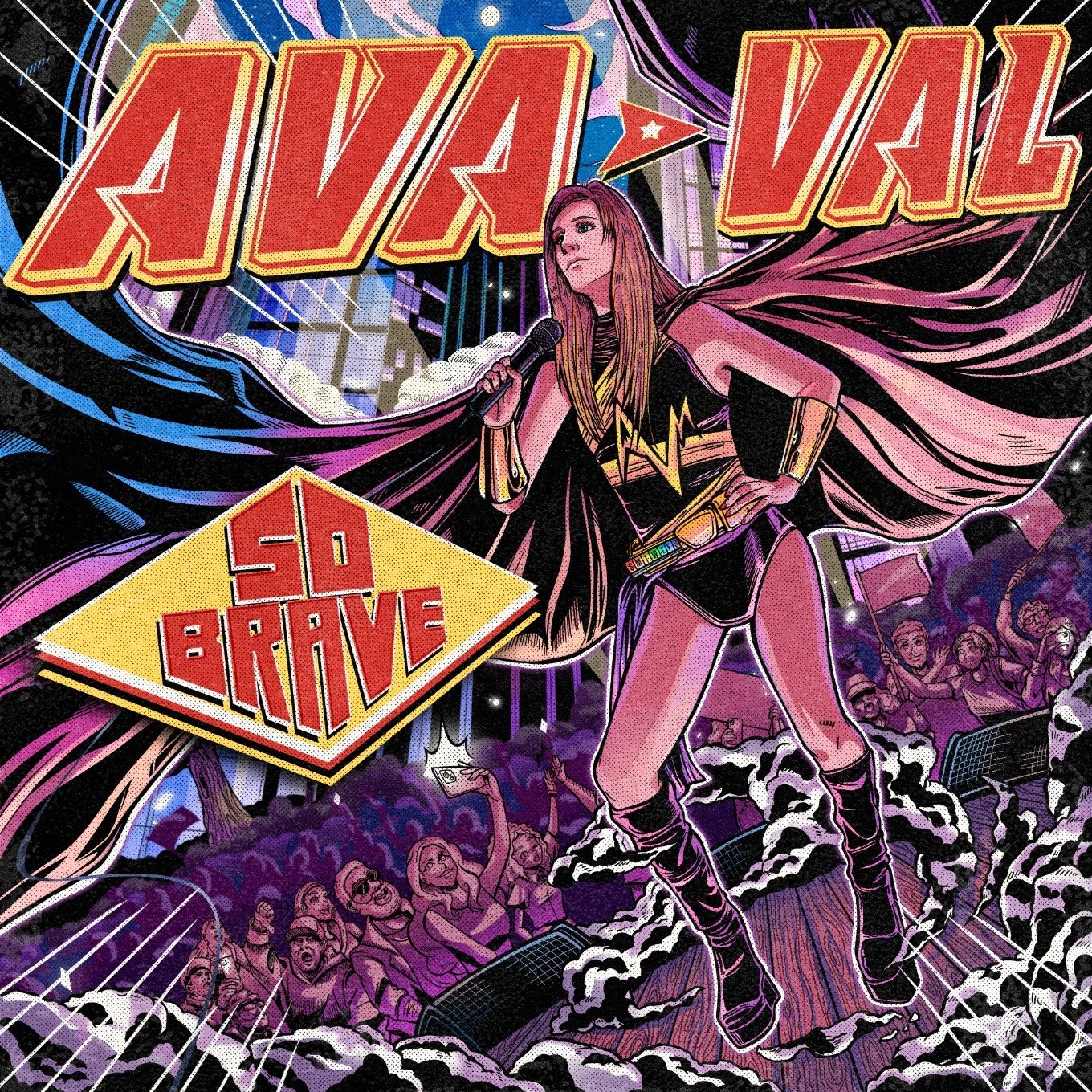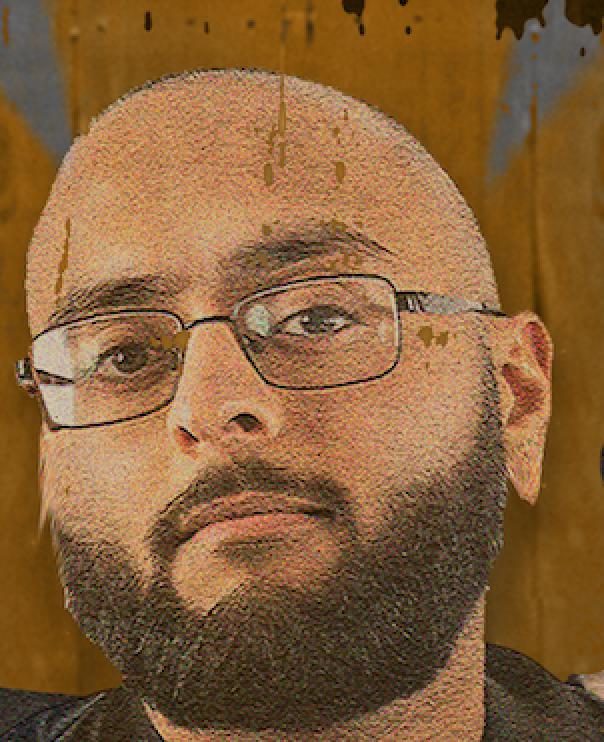Are You There, Pod? It’s Me, Sonar
At the 2005 Worldwide Developers Conference, Apple founder Steve Jobs explained that anyone can create a podcast, stream it on a server, and reach a worldwide audience. As he described it, podcasting is “Wayne’s World for radio.” While the data is continually in flux, recent surveys reveal that as of January 2021, there are over 1,750,000 podcasts available, with over 43 million episodes. During the pandemic, podcast creation increased exponentially because it served as an accessible pivot for individuals (regardless of capital investment) to potentially reach a new audience.
With such an immensely saturated market, how are independent podcasts expected to stand out? When it comes to The Sonar Network, the key is in the content.
Founded in 2017, The Sonar Network is a curated collection of comedy and arts podcasts featuring the funny and fascinating. Originally beginning as a collective of six podcasts, this Toronto-based organization has expanded to include over 30 different podcasts with a Canadian focus.
“I had been into podcasts for a long time and had been starting to notice that a lot of major cities have their own networks,” says Sonar President and Co-Founder Michael Mongiardi. “So we decided why don’t we do it? It started as a collective where we just listed shows on our website, then it grew relatively quickly as podcasting grew. There wasn’t anything else like this in Toronto at the time, so people started coming to us.”
Fostering a sense of community not only helped build Toronto its own network of podcasters, but it also established a network of support. “We really work towards lifting up small independent podcasts,” says Operations Officer Marianna Miniotis. “Part of the drive was to connect all the shows under an umbrella so we can offer cross promotion. Having guests go on each other’s shows fosters this idea that they’re all connected and also helps lift up some of the smaller shows.”
When the pandemic occurred, a major trend the Sonar team observed was not only the increase in the creation of podcasts from both Average Joes and Hollywood celebrities, but a major decline in the overall sound quality from a majority of programs all around. Mongiardi and Miniotis attribute this decline to the initial transition struggles of established podcasters adjusting to recording from home as well as new podcasters attempting to pivot to a new medium. This observation affirmed the Sonar team’s emphasis on production quality.
“If you are at that level where you are creating an independent show it makes your quality extremely important,” says Miniotis. “The level of sound production, audio quality, editing, even the thought you put into formatting – production quality has become all the more important to differentiate yourself from all the podcasts that have come out over the past few months. Some have even recorded in a car or blanket fort to try to make a difference in their overall quality.”
Another primary focus for Sonar is the overall creativity behind the premise of their podcasts. “I think it’s pretty obvious that we’re inspired by Earwolf,” jokes Mongiardi, citing Sonar’s focus on Toronto’s alt-comedy scene.
“We want to differentiate ourselves by offering podcasts that are not just your basic two guys recording,” says Miniotis. “There’s so many podcasts that are like ‘two straight white guys tell you all about their day.’ There’s this ego trip sort of podcast that exists and we wanted to break away from that kind of stereotype and really highlight (podcasts) that are doing something different and putting thought into a new premise or an interesting style or format.”
“Sonar has a good eye for podcasts that stand out for their variety and originality,” says comedian and podcast host Chris Locke. “They’re really clearly connected to the Toronto stand-up scene.” Chris Locke (Just For Laughs, Baroness Von Sketch Show) is one of Sonar’s key podcast hosts. His podcast Happy Good was first released in April 2020, and quickly became one of The Sonar Networks most popular programs.
“It’s a sort of guided meditation done by a distracted guy who is an idiot and silly,” jokes Locke. “I get feedback that it helps people relax, but what I do want is for you to laugh.”
While the execution of the premise is hilarious, what makes Happy Good engaging for listeners is Locke’s vulnerability and transparency as a host. Recorded from home while lying on his bed staring and at the ceiling (sometimes joined by his cats) Locke’s stream of consciousness gives the listener a glimpse at the wonders of his bizarre imagination. His guided meditations often include painting a vibrant visual landscape, breathing exercises, and giving space to let go of the weight of the world and enjoy a brief moment of freedom from intellectualization.
“I don’t want to be a self-help guy,” says Locke. “I find it funny there’s an obsession with self-help…you always learn you’re not good enough yet. You always need the next best thing to help you "get good.” I think to feel fully good for real is to accept who you are exactly in that moment…but learning to be happy where you are is really hard. On Happy Good, I will tell people I am bitter and cynical, so this podcast is for me too.”
Happy Good is in good company among a collection of vibrant podcasters that have been named Top Podcasts by blogTO, NOW Magazine, and The Globe & Mail. The Sonar Network offers programming for just about anybody, whether you’re interested in examining pop culture past (Nostalgique), basketball (Confederacy of Dunk), Dungeons and Dragons (Dwarven Moss), or have ever pondered the eternal question of whether or not a landlord and a tenant could be buddies (The Landlord and Tenant Podmess).
Even as their roster of programming grows, fostering a sense of community among the network remains one of Sonar’s primary values. “We started as a collective, and that’s still in our DNA,” says Mongiardi. “We still build and grow community, that’s number one. That’ll never go away.”
There are many challenges in being an independent content creator, especially when producing in a saturated market. When it comes to podcasting, Sonar Network has displayed that the key to success lies in developing content that delivers a quality experience for the listeners. Sonar’s trademark quality can be measured by their strong production value, unique programming that dares to deviate from trends, and by the sense of community and care that they have fostered in each of their podcasts.











People of Comedy: Celebrating 30 Years of the Nubian Show honours comedian Kenny Robinson